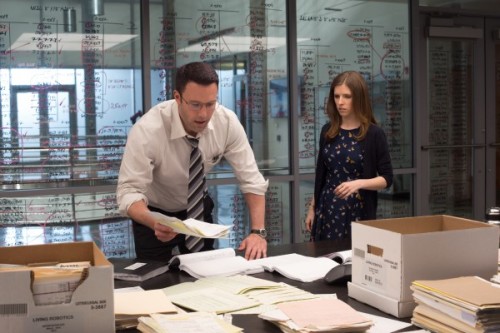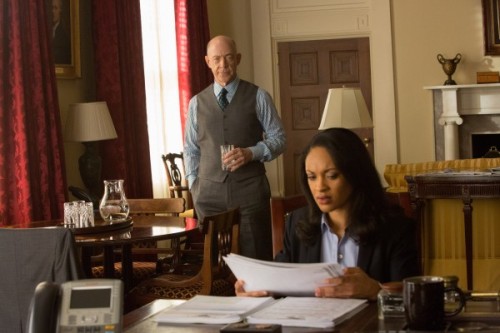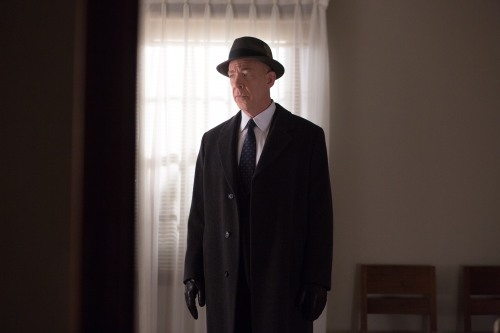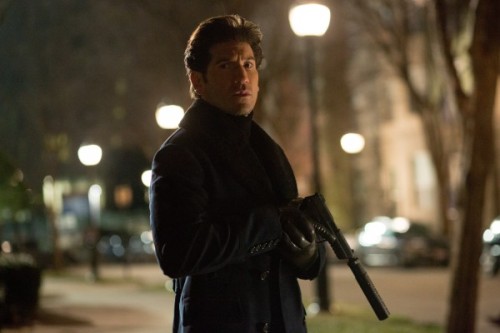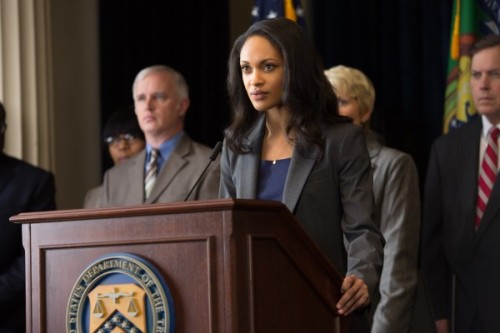I knew when I read the synopsis of this film that it would be an emotional experience for me. What I did not anticipate was enjoying it as much as I did.
As the film played out, I could see Afleck’s character, Christian Wolff, exhibit some of the same characteristics I would expect of an individual who is on the Autism Spectrum, but I was encouraged by the fact that he seemed to be outwardly successful and independent, even as the unfolding story shows a man kept in check by unusual rituals that go back to childhood, and a father whose training compelled him to acclimate his son to the world, rather than insisting that the world create a bubble around his son.
The flashbacks are not evenly paced, and the shifts back to the present are sometimes jarring, but the picture that forms is that of a person who is instantly capable of grasping complicated information and using it to his advantage. His condition allows him a great deal of focus on the tasks at hand which make him invaluable to his clients and deadly to those who violate his moral code.
Against this backdrop, we are introduced to a high-ranking bureaucrat at the Department of the Treasury who ruthlessly recruits a smart and talented analyst to figure out who this mysterious accountant who has been tied to some of the most evil people on the planet actually is, with the idea that he could be an informational gold mine.
The flashbacks reveal how Wolff cultivated his effortless brutality, but they also reveal that the bureaucrat, played by JK Simmons, owes his career and station to Wolff, and that their history is an odd symbiotic relationship, in which Simmons’ character had to decide what he was willing to compromise with in order to bring down infamous criminals. When this is revealed to his reluctant protegé, she has to face the expectation that she will replace him when he retires.
Meanwhile, Wolff has taken what he and his “agent” believed to be an “honest” job, only to find calculation and intrigue of a degree that only someone with his skill set could have uncovered, and in a manner that is contrary to his normal instincts, he feels a duty to protect the innocent who inadvertently discovered the financial chicanery at a robotics company. This puts him on a collision course with a mysterious enforcer, hired by the owner of the company to clean up the loose ends, including the lowly account clerk who discovered the missing money in the first place.
As the flashbacks progress, you see how Wolff changed from a boy who was very obviously autistic into a man who is very controlled, very precise, and very deadly. We see the conflict between his parents, a mother who is out of her depth and at her wit’s end…at one point making a very revealing remark that made me deeply, deeply dislike her, and a father who is an Army officer working in psy ops. The mother is eager to leave her oldest son with strangers, and let them raise him and teach him how to live in a controlled environment. The father refuses, because of a love for both of his sons that his career and training can never allow him to express in a “normal” way, but exists just the same, and because he wants his oldest son to be able to meet and interact in the world the way that it is, and not in a bubble created for him. These conflicts eventually take their toll, and the mother leaves, causing the oldest son to slip into an epic meltdown, and the younger son to express his resentment of his mother and her inability or unwillingness to give both boys what they need in a simple expression when she departs. As the father continues to travel the world, he takes the boys with him and subjects them to brutal training, while eventually revealing to them at a crucial moment that his purpose is to keep them from ever becoming victims. He also instilled in the boys the same sense of loyalty, borne in love, that has caused him to soldier on as a solo parent. One of the final flashbacks completes the transition from past to present, while revealing to the audience just how much the father loved his oldest son.
This is a movie about decisions. Decisions always matter, but I don’t think movies always focus on just how much decisions are fulcrums in people’s lives. And while decisions drive every story, my biggest surprise in this one was the decision made by the Treasury Agent’s reluctant protegé, who made a decision about compromise, and whether or not the calculus she had to use had expanded beyond just herself.
Conversely, the final showdown between Wolff and the mysterious enforcer lead to a decision that couldn’t really be considered a difficult choice at all. It was violent, bloody, loud, and shocking to the man who hired the enforcer, but ultimately, I found it to be one of the film’s most rewarding moments.
Ultimately, I can see why this movie is controversial for people. To some, it appears to paint a portrait of a high-functioning autistic as a soulless monster, but this is really far too facile a conclusion. Wolff doesn’t consider the right or wrong of what many of his clients do to make their money. For him, the payoff is the challenge of diving into their books and finding the cause of the issue that brought him there. His apparent lack of emotion puts the monsters he works for at ease…sometimes fatally, when they underestimate his ability to take care of himself. It would be easy to believe that he doesn’t have emotions, but the reality is that he just cannot comprehend what to do with them, and he himself is quite surprised when he makes a decision based on emotion, against his training and instinct, for reasons he himself does not fully understand.
I can see where people would feel justified in condemning the father, and his very hard way of raising his sons, but that would ignore the fact that he wasn’t the one who left them, despite a demanding career that required travel all over the world. Like his oldest son, he saw the world in a way very different from most, based on a reality that many are never exposed to, and because of that, he knew the best way to protect both of his sons was to teach them how to never be hurt by the world or caught flat-footed by it. I expect that I will catch heat for saying so, but I think the biggest villain in the film is the mother, and it wasn’t lost on me just how much pain she caused for her sons, even in death.
